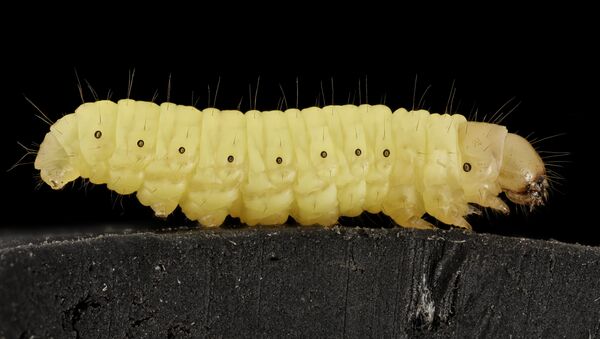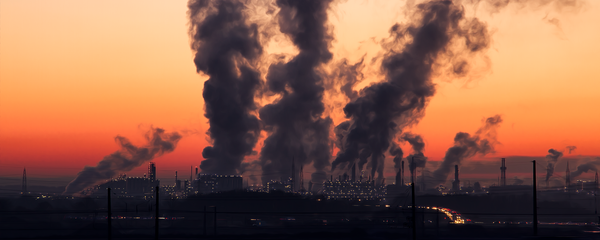While a small proportion of this plastic is recycled or combusted to produce energy, most discarded plastic ends up in landfill or in the world's oceans, and is an environmental hazard for humans and animals.
This pressing issue has led scientists to look for ways to break down plastic’s complex molecular structure. According to a new study, a kind of caterpillar which breaks down beeswax in nature could provide a solution for managing plastic waste.
The larvae of Galleria mellonella, which is also known as the wax moth or honeycomb moth, is capable of digesting polyethylene, one of the toughest plastics, which accounts for 40 percent of total demand for plastic products.
Federica Bertocchini of the Institute of Biomedicine and Biotechnology of Cantabria in Spain, one of the authors of the study and an amateur beekeeper, got the idea for the research after removing some wax worms from her beehive and putting them in a plastic carrier bag.
"I went back to the room where I had left the worms and I found that they were everywhere. They had escaped from the bag even though it had been closed and when I checked, I saw that the bag was full of holes. There was only one explanation: the worms had made the holes and had escaped," she explained.
The wax worms are able to break down the plastic because wax is also a polymer and its chemical structure is not dissimilar to polyethylene. The worms digested the polyethylene and turned it into ethylene glycol.
"We have carried out many experiments to test the efficacy of these worms in biodegrading polyethylene. 100 wax worms are capable of biodegrading 92 milligrams of polyethylene in 12 hours, which really is very fast", says Bertocchini.
The molecular process by which the caterpillars are able to break down the plastic is not fully understood, and the scientists hope that further research will enable them to find the enzyme responsible.
If they can reproduce it an industrial scale, this molecular process could be as a biotechnological solution for managing polyethylene waste.
However, the scientist told Cell Press that refraining from dumping plastic waste remains of great importance.
"We should not feel justified to dump polyethylene deliberately in our environment just because we now know how to bio-degrade it," Bertocchini said.
Never miss a story again — sign up to our Telegram channel and we'll keep you up to speed!



